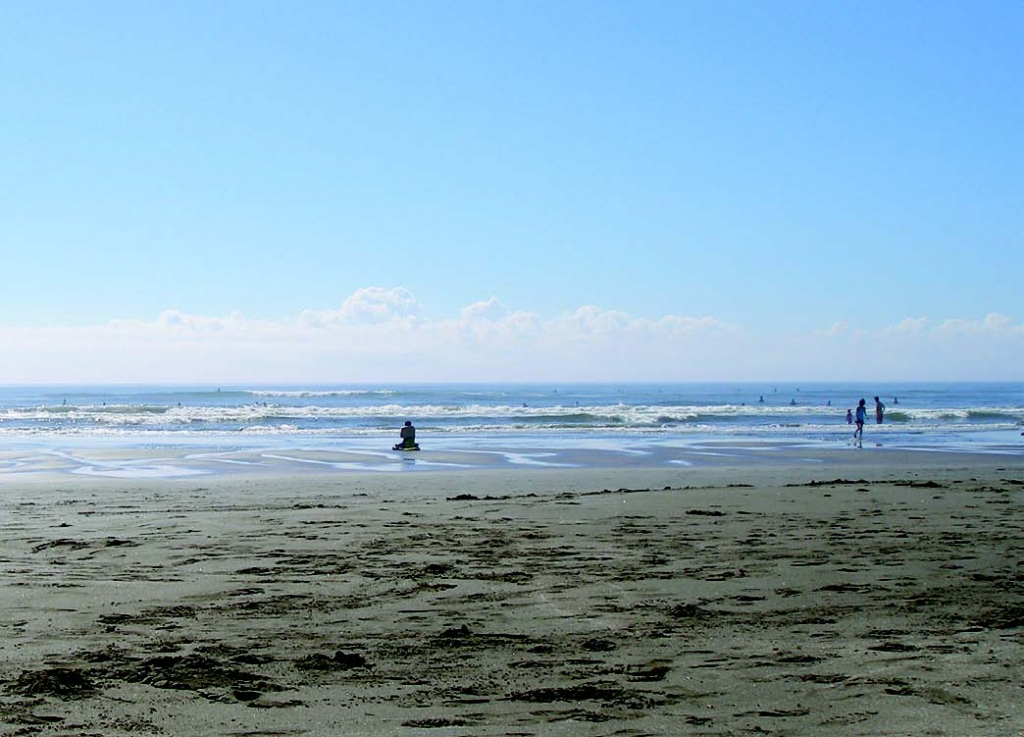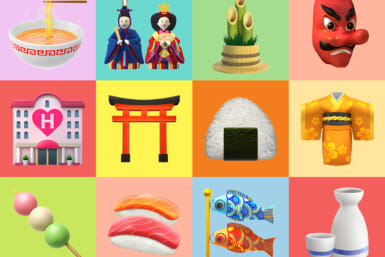by Danielle Rippingale
You don’t have to be a tree hugger to celebrate April 22 every year. Now in its 40th year, Earth Day is a global celebration aimed at raising awareness about environmental issues, protecting human health, and safeguarding the natural environment—air, water, and land. In fact, you may very well end up joining the thousands of attendees at the wonderful Earth Day Festival on April 18 and 19 in Shibuya’s Yoyogi Park. Commit to treading gently on this earth by adopting healthy changes to your daily habits. Eating organic is one relatively easy way to be kinder to your body and the earth. Unlike prevailing farming practices, organic produce is grown without the use of chemical fertilizers, synthetic pesticides, radiation (to delay ripening), additives (to enhance appearance, flavor, and taste), genetic modification, and human and industrial waste contamination.
Furthermore, organic farming practices are more energy efficient and produce less waste and damage to soil, water, and local terrestrial and aquatic wildlife. Studies also show that the exposure to pesticides and chemicals in conventional farming increases farmers’ risks of neurological and cancer-related diseases. People often say the higher cost is the reason they don’t buy organic; however, we can consider ourselves fortunate that in Japan organic produce is only marginally more expensive than conventionally-farmed and harvested produce.
Don’t have an organic grocer in your neighborhood? No problem, the Konohana Family can deliver their organic produce right to your door. Konohana Family is an organic eco-farming community located in Fujinomiya (at the foot of Mt. Fuji in Shizuoka Prefecture) that grows organic vegetables, rice, beans, and other delectables with tender loving care. Their ‘brown boxes’ comprise either five or ten different seasonal vegetables for ¥1,050 and ¥2,100, respectively. Don’t miss out on their delicious hearty rice that is available in healthy brown or de-husked white. They also have free range eggs laid by the healthiest and happiest hens I’ve ever seen. Pay by bank transfer and either order as you need or set up delivery to your door on a regular basis. Delivery to the Tokyo area is only ¥570 for up to 20kg of goods.
Visit www.konohana-family.org to learn more and to download their English order form.To connect with local farmers and pick up some of your household needs, head to the monthly Earth Day Market at Shibuya’s Yoyogi Park. Vendors range from local organic farmers selling rice, vegetables, and fruits to stalls with homemade baked goods, preserves, body products, and fairtrade goods. There are also those representing earth and humanity NPOs. You can even re-live your days as a Boy Scout or Girl Scout by whittling your own bamboo ‘my hashi’ for ¥100. Visit www.earthdaymarket.com. If you are not sure if you can go 100 percent organic, you’ll want to check out what produce is best to buy organic to minimize your exposure to pesticides. While this list is USA-sourced, it has global relevance by indicating fruits and veggies that use and absorb high amounts of pesticides. It even has a downloadable shopping guide: www.foodnews.org. Calculate your ecological footprint by visiting Earth Day’s fun and informative website. You will be asked a series of questions related to your home, transport, food, goods, and service habits, and then informed how you compare with others and how many planets would be required to support your lifestyle if everyone lived the same way you do. www.earthday.net/footprint









